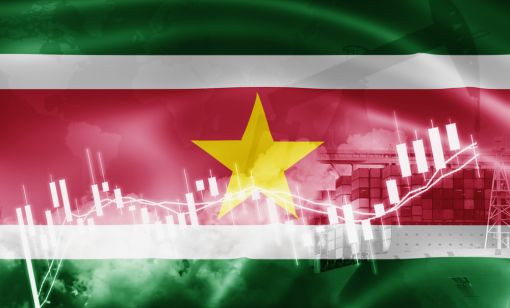Hess Shareholders Approve Chevron Merger
Hess Corp. stockholders voted in favor of the company’s merger with Chevron Corp. during Hess’ May 28 special meeting.
Proxy Vote Preview: Chevron, Hess and Guyana Uncertainty
Chevron Corp. stockholders will vote on May 28 and Hess’ stakeholders on May 29 on a $53 million combination that largely centers on Hess’ stake offshore Guyana.
EOG Resources, BP, Shell Bid in Trinidad Oil and Gas Auction
BP, Shell and EOG Resources companies bid for the Modified UC Block, which is near to the Teak, Sammaan and Poui producing fields.
Up to 50 Firms Seek US Oil Licenses in Venezuela, Official Says
Washington aims to prioritize issuing licenses to companies with existing oil output and assets over those seeking to enter the sanctioned OPEC nation for the first time, sources told Reuters.
3R, Enauta Merge to Create Large Brazilian Independent
3R Petroleum Óleo e Gás SA and Enauta Participações SA will combine into a new entity with production that exceeds 100,000 boe/d and compete head-to-head with Brazilian producer Prio, according to Wood Mackenzie.
E&P Highlights: May 20, 2024
Here’s a roundup of the latest E&P headlines, including development of the Belinda Field in the North Sea to new contract awards and service company acquisitions.
Third Suriname Find for Petronas, Exxon Could Support 100,000 bbl/d FPSO
A recent find offshore Suriname in Block 52 by Petronas and Exxon Mobil could support a 100,000 bbl/d FPSO development, according to Wood Mackenzie.
Permian Powerhouse: Apache Doubles Down on Core Assets After Callon Acquisition
Apache CEO John Christmann detailed plans for the Permian Basin and Suriname during the SUPER DUG Conference & Expo.
US to Favor Existing Investors for Venezuela Oil Licenses, Say Sources
The U.S. is preparing to prioritize issuing limited licenses to operate in Venezuela to companies with existing oil production and assets over those seeking to enter the sanctioned OPEC nation for the first time.
Petrobras CEO Prates to Step Down
Brazil’s President Luiz Inácio Lula da Silva has requested that Petrobras CEO Jean Paul Prates resign following a dispute over dividend payments.







